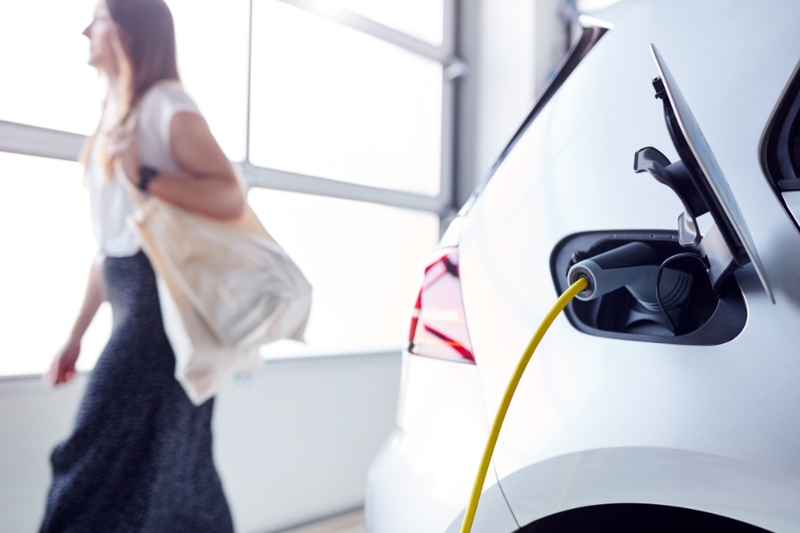A new survey has revealed that despite the billions that have been invested in the development of electric vehicles (EVs), UK buyers are still reluctant to buy them and hundreds more charge points are needed.
 EVs are growing in popularity, with demand more than doubling over the last year thanks to industry investment worth £54bn in 2019 alone. Over the last 12 months, the number of plug-in hybrid and full electric models has jumped from 62 to 83.
EVs are growing in popularity, with demand more than doubling over the last year thanks to industry investment worth £54bn in 2019 alone. Over the last 12 months, the number of plug-in hybrid and full electric models has jumped from 62 to 83.
However, according to the Society of Motor Manufacturers and Traders (SMMT), while EVs account for one in six models on sale (17%), they make up just one in 13 purchases (8%).
A new survey of over 2,000 adults by Savanta ComRes, carried out on behalf of SMMT, found that consumers are attracted to the lower running costs (41%) and chance to improve the environment (29%).
The survey, however, revealed that drivers are put off by higher purchase prices (52%), lack of local charging points (44%) and fear of being caught short on longer journeys (38%). A third (37%) are optimistic about buying a full EV by 2025, but 44% don’t think they’ll be ready by 2035, and 24% say that they can’t ever see themselves owning one.
SMMT is calling for a long-term commitment by the Government to incentives, including the continuation of the Plug-in Grant and its re-introduction for plug-in hybrids. This would, they argue, alongside VAT exemptions for all zero emission capable cars, reduce the upfront price of a family car by an average £5,500 for battery electric cars and £4,750 for plug-in hybrids, and for an SUV by £9,750 and £8,000 respectively.
An analysis by SMMT and Frost and Sullivan also shows that a full, zero emission-capable UK new car market will require 1.7 million public charge points by the end of the decade and 2.8 million by 2035. Given there are only some 19,314 on-street charge points today, this means 507 on-street chargers need to be installed per day until 2035 at a cost of £16.7bn.
‘Car makers are leading the charge to zero emission motoring, with massive investment in new models fueling huge consumer interest but they can’t transform the market alone,’ said SMMT chief executive, Mike Hawes.
‘To give consumers confidence to take the leap into these technologies, we need government and other sectors to step up and match manufacturers’ commitment by investing in the incentives and infrastructure needed to power our electric future.
‘Manufacturers are working hard to make zero and ultra-low emissions the norm and are committed to working with government to accelerate the shift to net zero – but obstacles remain.
‘Until these vehicles are as affordable to buy and as easy to own and operate as conventional cars, we risk the UK being in the slow lane, undermining industry investment and holding back progress.’

